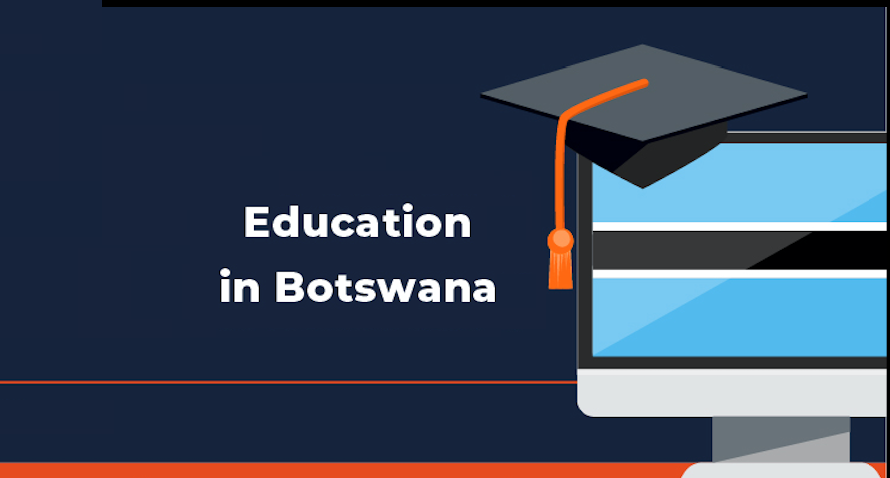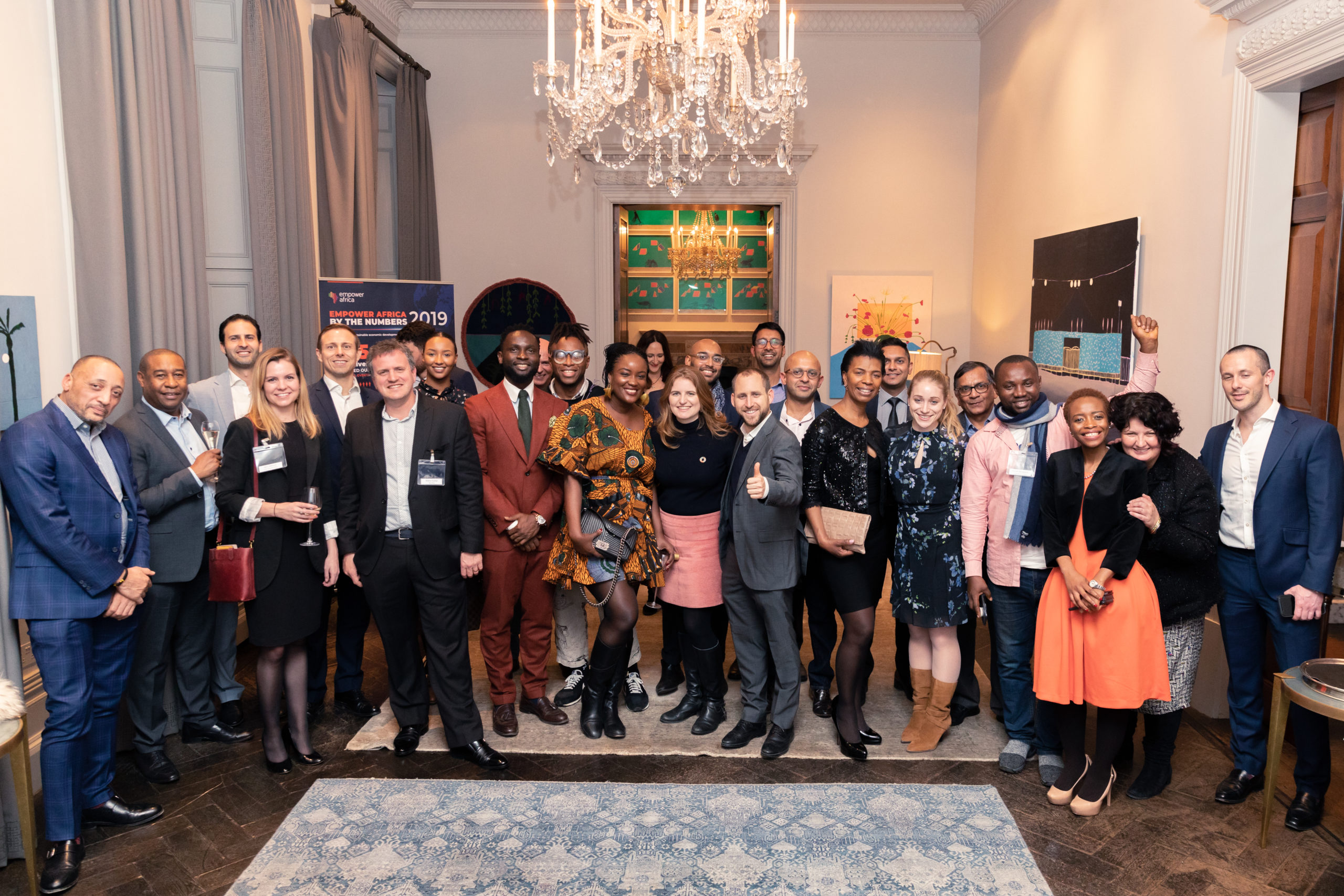Author: Ezi Rapaport
-

The Commercial Potential of Africa’s Digital Revolution
Did you know that over 525 million people used the internet in Africa in 2019? If current growth trends continue, almost 75% of Africans are expected to come online by 2030.
-

4 Healthcare Companies in Africa Leveraging Technology to Drive Innovative Solutions
Africans have been living steadily longer lives over the past 20 years. Despite this progress, however, the average life expectancy at birth in Sub-Saharan Africa is only around 61 years – by far the lowest in the world, and over 10 years lower than the world average of 72.6.
-

Africa’s Growing Population – An Opportunity for Agricultural Development
Did you know that the world’s population is expected to reach almost 10 billion people by 2050? Much of this population growth will be in Sub-Saharan Africa (SSA), where population growth is the fastest in the world – over double the rate of growth of South Asia, the world’s next fastest growing region.
-

10 Things You Didn’t Know About Education in Botswana
Did you know that Botswana’s literacy rate stands at 88.5%? The high literacy rates in Botswana have largely contributed to an empowered workforce, which translates to good business and opportunities for foreign investment.
-

Kenya’s College Graduates are Ready to be Hired but Businesses Need to Step Up
With the current population at 52.6 million and the median age at 19 years, Kenya will be among the African countries to have the largest workforce in the coming years. National and multinational companies can draw on Kenya’s educated labor pool to staff headquarters or local branches.
-

Investors and Startups turn their Heads Towards Africa at the OurCrowd Summit
On Thursday, Feb 13, 2020, Empower Africa was a proud sponsor of The 2020 OurCrowd Global Investors’ Summit, one of the largest tech conferences in Israel. The Summit brought together thousands of investors and tech entrepreneurs from around the world for a day of learning and networking.
-

Uk Africa Summit Week in London – Driving Business in Africa Event at the Arts Club
Foreign investment can be very rewarding – but it can also be challenging. Understanding the business landscape in a country you wish to invest in is key to successful foreign investment. And to understand the business landscape, you need to have the right network.
-

Ready to soar over the fields of Sierra Leone, Agrimapic recognizes the country’s potential
Utilizing land for agriculture in a truly effective and efficient manner requires accurate and up-to-date information about the area. Unfortunately, modern mapping and surveying expertise are often unavailable in Sierra Leone.
-

Driving Business in Africa – London Event
View images and clips from the exclusive “Driving business in Africa” event held January 2020 in London at the Arts Club.